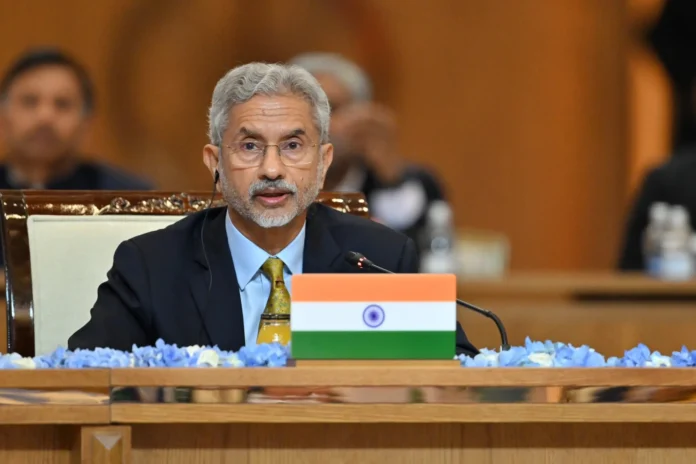External Affairs Minister Dr. S. Jaishankar has cautioned that global trade dynamics are entering a period of unprecedented uncertainty, marked by what he termed “tariff volatility” and shifting economic alliances. Speaking at an international business forum, Jaishankar underscored how traditional assumptions about open trade and predictable tariffs have been upended by recent geopolitical developments and protectionist policies across major economies.
He remarked that for decades, global trade was governed by relatively stable frameworks under the World Trade Organization (WTO) and regional trade agreements. However, the new economic realities—driven by strategic rivalries, supply chain disruptions, and technological dependencies—have “overturned long-held trade calculations.” Countries are increasingly using tariffs, sanctions, and trade barriers as instruments of strategic policy rather than purely economic tools.
The Minister pointed out that India, while being a strong advocate of open and fair trade, must adapt to this evolving landscape with pragmatic strategies. He emphasized that the unpredictability of global tariffs, especially in critical sectors such as semiconductors, rare earths, energy, and agriculture, poses challenges for developing economies that rely on stable trade policies to plan investments and exports.
Jaishankar also linked tariff volatility to broader geopolitical shifts. He noted that the fragmentation of global supply chains—especially following the pandemic and ongoing conflicts—has prompted many nations to prioritize self-reliance and economic security. “The world is seeing an era where national interests are taking precedence over global consensus. This is reshaping trade equations and forcing nations to recalibrate their economic outlook,” he observed.
The Minister highlighted that India’s approach to such volatility rests on diversification, resilience building, and strengthening partnerships with trusted economies. Initiatives such as “Make in India,” the Production-Linked Incentive (PLI) schemes, and the push for local manufacturing were cited as key pillars to safeguard India from external shocks. He also mentioned the importance of engaging with emerging trade blocs and reforming global institutions to make them more representative and resilient to sudden disruptions.
Jaishankar’s remarks reflect growing concerns among policymakers that the era of predictable globalization may be giving way to a fragmented and competitive trade environment. He called upon businesses and governments to anticipate shifts in global tariffs and reorient their strategies accordingly, adding that “economic agility, not complacency, will determine which nations thrive in this new world order.”
His warning serves as a reminder that economic diplomacy is now inseparable from strategic foresight — and that navigating the turbulence of tariff unpredictability will require both flexibility and foresight from global economies, particularly those striving to balance growth with stability.



